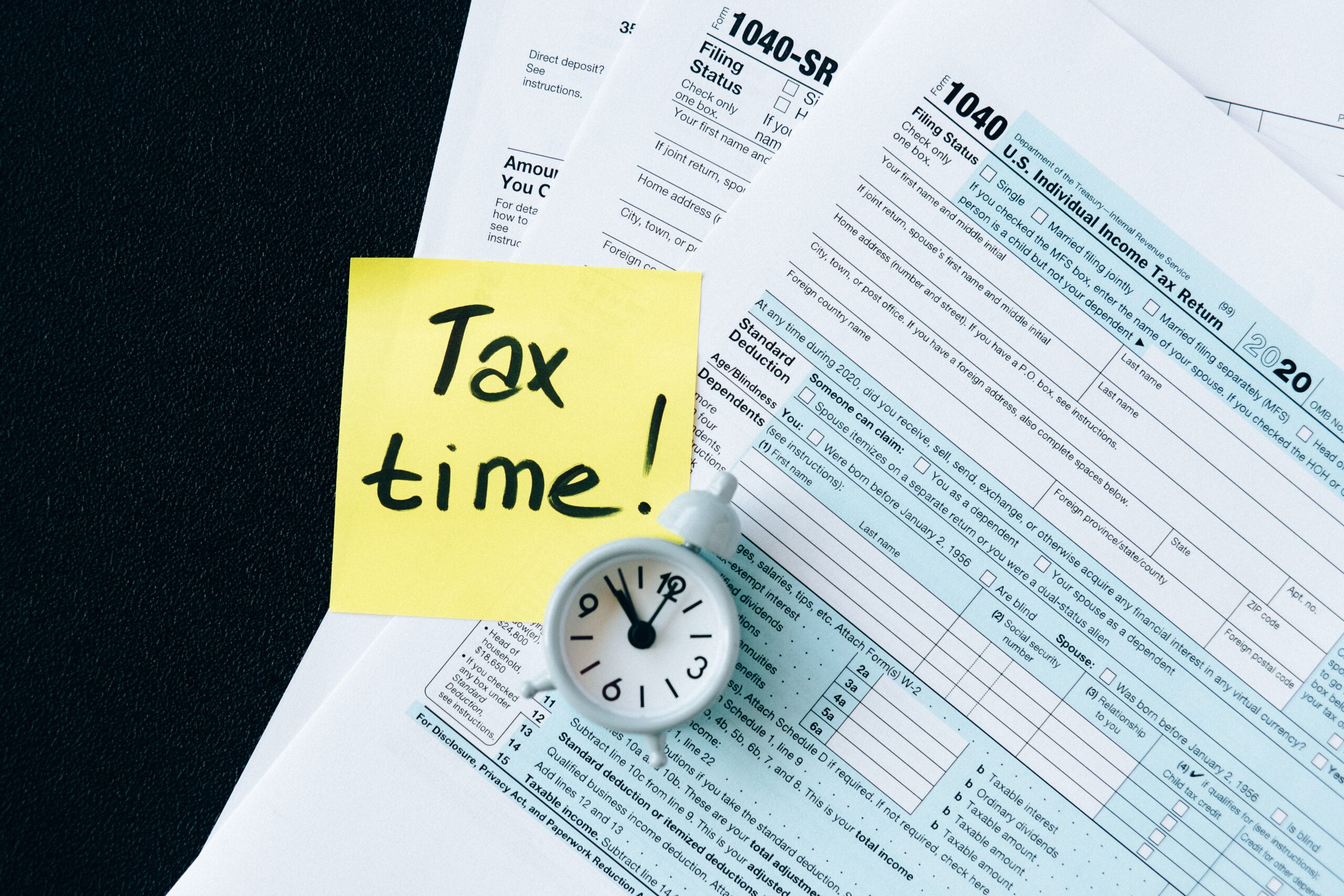Everyone must’ve at least dreamt about winning the lottery once in their life. However, many factors will approach the winner once the NY lottery results come out. One of the most complicated things that many have questioned is the tax implications.
In this article, we’ve made a complete guide for all who have won a lottery or are simply curious about how the tax might affect their winnings.
New York Gambling Tax
In New York, the taxes one pays depend on their annual earnings and the tax bracket they fall into. This includes the taxes for gambling winnings, including casinos, sports betting, and the state’s lottery.
Think of the marginal tax rate as the bracket the winner’s in for income taxes. The effective rate is the actual percentage one must pay after taking out deductions. New York’s state tax rate varies from 4% to 8.82%, and the lottery’s is 8.82%, based on the taxable income. If the winner resided in New York City, they’d have to pay an extra 3.876% as city income tax.
It’s important to note that these rates are estimates and might change at some point. The best way to know the exact tax rate is by talking to an accountant or tax expert.
Taxes on Lottery Winnings
Specifically for the state’s lottery, the winner must pay both federal and state income taxes. If the prize is over $5,000, then federal and state taxes will be automatically deducted. Local taxes will also be included for winners residing in New York City or Yonkers. The 8.82% we’ve mentioned above is the state tax rate for the lottery, while the federal tax rate is 24%.
The New York State Lottery is obligated to inform the IRS about prizes that exceed $600 and are at least 300 times the original wager amount. Winners will receive a Form W-2 G, a document that outlines the total winnings and the amount of tax withheld. Prizes at $600 or less are exempt from the withholding, and The New York State Lottery won’t report it to the IRS.
Group Lottery Wins
If the lottery winner is a group, one person must step out as the group’s representative. The representative will be responsible for filling out Form 5754 and providing information about each group member. The information required includes name, residency information, home address, and the prize amount each member had won.
Instead of going to the IRS, the form will be sent to the lottery commission. The lottery commission will send the W-2 G forms to all group members and list the amount each member has received. To put it simply, the IRS only requires winners to report their own income.
Large groups can choose between two options for managing the winnings. They can create a Limited Liability Corporation (LLC) or set up a Trust. If they choose the LLC, the group leader will take charge of distributing the winning to each member. If they choose a Trust, the money will be given to the group as a whole.
Multi-State Lottery Wins
When it comes to multi-state games like Powerball and Mega Millions, the same tax rules as the New York State lottery apply. This means the winners must pay the federal tax rate of 24%, and the highest New York tax rate of 8.82% will be deducted automatically. These rates apply whether the winner decides to receive their winnings all at once or in smaller payments over time.
Steps to Take After Winning the Lottery
Winning the lottery can have such a significant impact on the winner’s life. However, lottery winners must carefully plan the steps after winning, or the impact might be negative.
Winners must not rush and make impulsive decisions. The best thing to do right after winning the lottery is to figure out how the winnings might impact the winner’s financial situation. They must first calculate the tax liability with the help of an accountant and reserve the funds to fulfill it.
Although hiring an expert is optional, it’s not advisable to calculate lottery winnings without any help. It’s crucial to understand that no matter how significant the winnings are, they’re not boundless.
Minimizing Tax Burden
Lottery winners can’t avoid tax, but they can do several things to lower the tax burden. If the prize amount is small, winners can choose to receive the winnings in installments for over 30 years. Doing so will help the winner stay in the lower income bracket. Winners can also donate to nonprofit organizations. This might allow the winner to use certain deductions, which could bring down their taxes depending on the situation.
Winners should also be careful when distributing the winnings to friends or family, as a gift tax will be attached. The winner can share up to $17,000 with each person if they want to avoid the gift tax.

